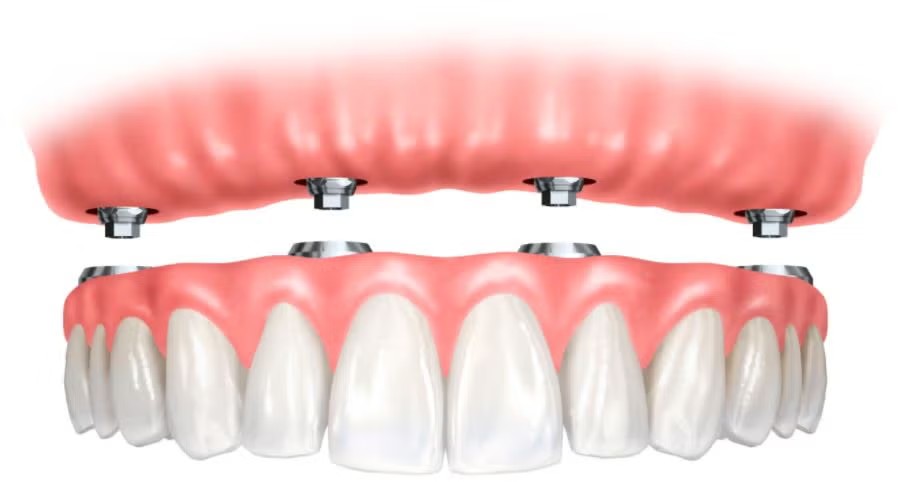Dental Implants vs. Dentures and Bridges: Which Tooth Replacement Option in Norristown, PA, is Right for You?

Tooth loss can affect your smile, self-esteem, and overall quality of life. Thankfully, modern dentistry offers several solutions to restore missing teeth, from dentures and bridges to dental implants in Norristown, PA. But how do you decide which option is best for you? Each comes with its own set of advantages and disadvantages, and the right choice depends on your specific needs, priorities, and lifestyle.
Here, we compare dental implants, dentures, and bridges to help you make an informed decision.
Durability
When it comes to longevity, dental implants lead the pack. Designed to last decades or even a lifetime with proper care, implants are the most durable tooth replacement option. They are anchored to your jawbone, providing a strong and stable solution that mimics the root structure of natural teeth.
Bridges, while durable, generally have a shorter lifespan. On average, they last 10 to 15 years before needing replacement or repair due to wear or damage to adjacent teeth. Dentures, on the other hand, tend to wear out faster. Because they are not fixed in place, they may require relining or replacement every 5 to 7 years to maintain their fit and function.
Aesthetics
All three options can restore your smile, but there are differences in how natural they look and feel. Dentures and bridges are custom-made to match the color and appearance of your natural teeth, but their results can vary depending on the materials used.
Dental implants, however, are often seen as the gold standard for aesthetics. They are designed to look and feel like your own teeth, blending seamlessly with your smile. In addition, implants preserve the structure of your face by preventing jawbone loss, which can cause a sunken look over time.
Comfort and Functionality
Comfort is another critical factor to consider. Dentures are removable and rest on the gums. While they are a non-invasive solution, they can sometimes cause irritation or slipping, especially when eating or speaking. Bridges, being fixed to adjacent teeth, are more stable than dentures but do not feel as natural as dental implants.
Dental implants offer superior comfort and functionality. They are anchored securely in the jaw, providing the same biting and chewing power as natural teeth. Unlike dentures, implants don’t move or shift, and you won’t have to worry about messy adhesives.
Maintenance
Dentures require daily removal for cleaning, as well as regular soaking in solutions to keep them in good condition. While bridges require less maintenance than dentures, the teeth supporting the bridge are more susceptible to decay and may require additional care.
Dental implants are relatively low maintenance. You simply brush and floss them like your natural teeth. That said, it’s important to attend regular dental check-ups to ensure the health of the surrounding gum and bone.

Cost
Cost can play a significant role in your decision. Dentures are generally the most affordable option upfront but may require ongoing costs for adjustments, repairs, or replacements over time. Bridges are a mid-range option and are more affordable than implants initially, but their lifespan is shorter.
Dental implants have the highest initial cost due to the surgical procedure and technology involved. However, their durability and minimal need for replacement make them more cost-effective in the long run.
Conclusion
When deciding between dental implants, dentures, and bridges, consider your lifestyle, budget, and oral health. If you’re looking for a permanent, natural-feeling solution and are willing to invest in a long-term fix, dental implants are likely the best choice. For a more affordable or less invasive option, dentures or bridges might be a better fit.
Ultimately, the best way to determine what’s right for you is to consult your dentist. They’ll assess your needs and guide you toward the ideal solution for restoring your smile.








